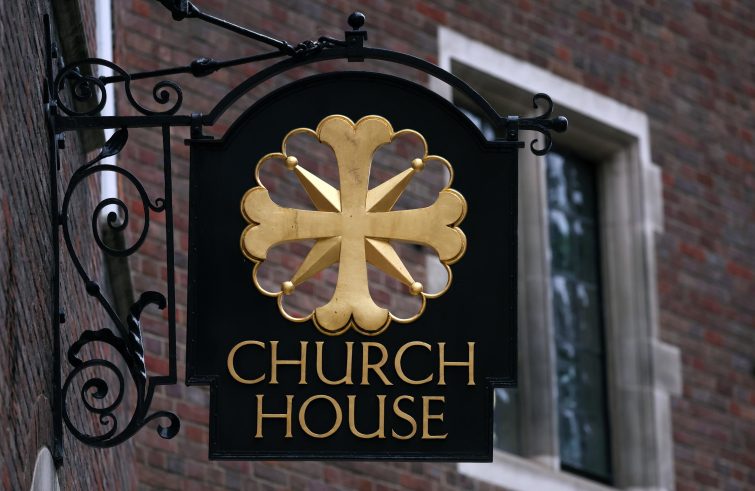
The Church of England’s upcoming General Synod, to be held at Church House (central London) from 10-14 February, will be focused on the issue of child protection.
Bishops, Clergy and Laity, the three Houses that make up the Church of England’s governing body, will be asked to choose between two possible models for safeguarding children and vulnerable adults, independent of direct Church control.
Under one model, the safeguarding officers who currently work in the dioceses, cathedrals and the national Church would be transferred to work for a new organisation. Under the second model, the same officers would remain with their current employers, but most national staff would move to a new body. In both cases, for the first time, child safeguarding activities and decisions would be overseen by an external body. The two models, the details of which are set out in a document to be reviewed by Synod members next February, have been drawn up in response to two Report into existing child safeguarding structures drawn up by Alexis Jay and Sarah Wilkinson.
The members of Synod who will meet at London’s Church House, will also have the opportunity to debate a motion in response to the so-called “Makin Report”,
the independent review that the Church of England commissioned from expert Keith Makin. The report exposed a forty-year conspiracy of silence over the heinous abuse of hundreds of children committed by John Smyth, a barrister and member of the Church of England, in the late 1970s and early 1980s. The Makin Report led to the resignation last November of the Anglican Archbishop of Canterbury, Justin Welby, the religious leader of some 85 million Anglicans worldwide.
On Thursday 13 February, the Anglican Synod will meet again to discuss the work and progress of ‘Living in Love and Faith’,
an official project of the Church of England that would allow ceremonies recognising stable same-sex couples who are legally married under British law – a controversial issue in the Church of England in recent years. The House of Bishops, one of the three synod bodies in charge of preparing liturgies for these services, has announced that a vote on approval will be postponed until after the summer. A decision on whether Anglican clergy can officiate at same-sex civil ceremonies, and what safeguards the Church of England will put in place for those who object to this novelty, has also been postponed for the time being.
The programme for the Anglican Synod in mid-February also includes a motion to encourage more people from working class backgrounds to enter the ministry, a profession normally reserved for the middle class; a debate on the action needed to combat racism and the importance of evangelism through sport; and the “Thy Kingdom Come” global prayer movement, which invites Christians around the world to pray together from Ascension to Pentecost.









